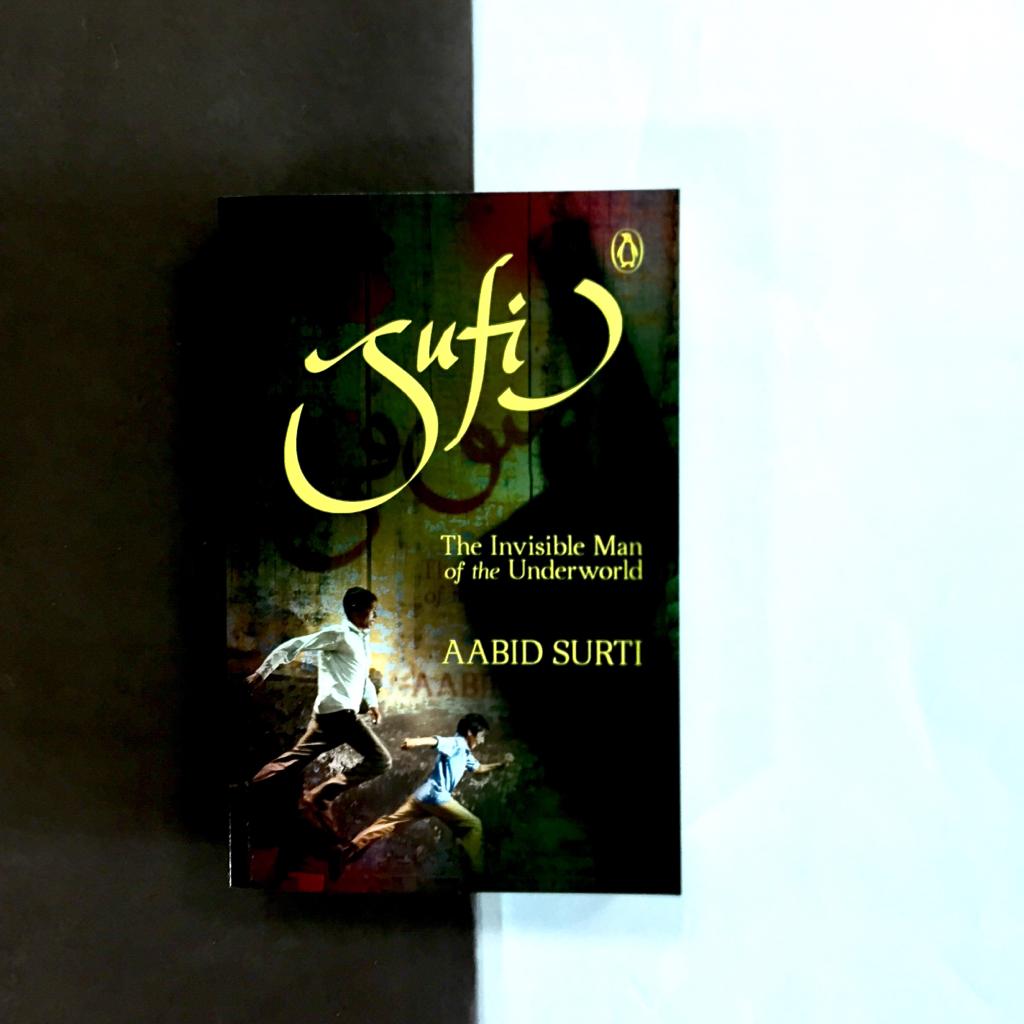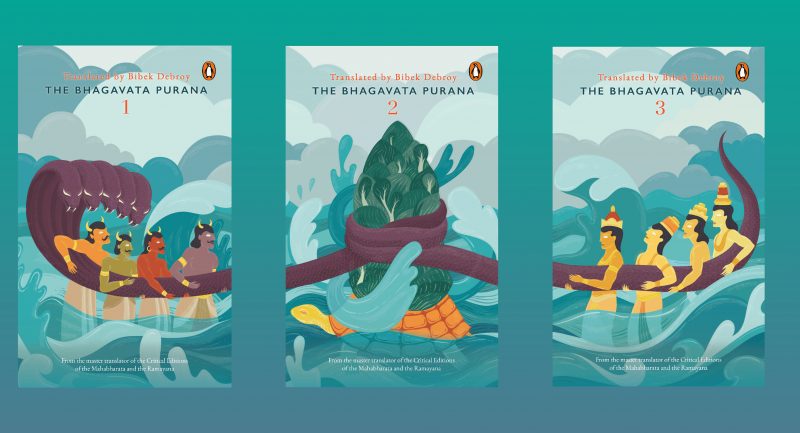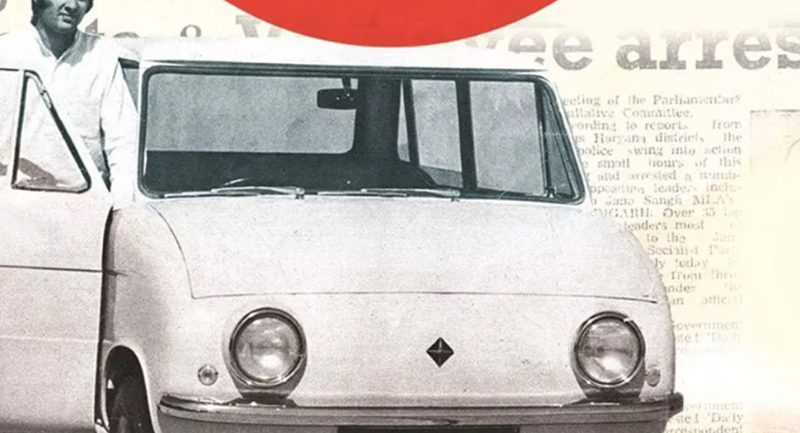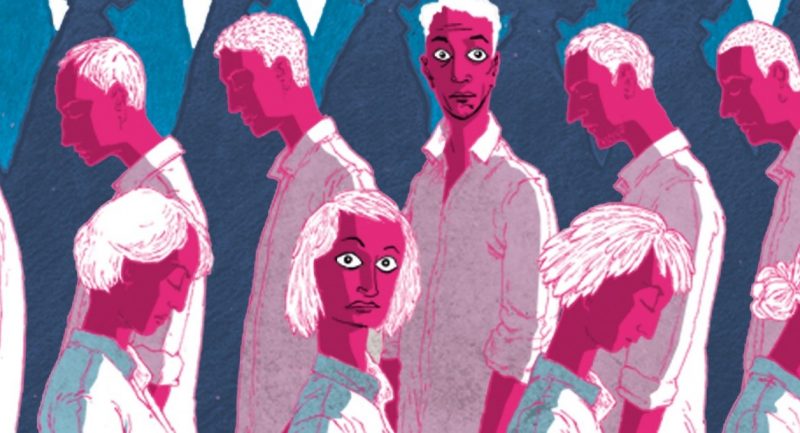
Sufi is the story of two boys who grew up in Dongri, Mumbai.
One of them, Iqbal Rupani, aided and abetted by a corrupt policeman, is drawn towards criminal activities in his teens. As he becomes powerful and influential as a racketeer and smuggler, he creates a puritan code of conduct for himself: no drinking, no smoking and no murders. He comes to be known as ‘Sufi’ because of his principles and philosophical manner of speaking. The other boy, Aabid Surti, grows up to become a famous author.
How did the lives of these two boys, which began on such a similar note, diverge so drastically? This book presents an astonishing real-life story, with the sweep and scale of Kane and Abel, told by one of India’s most beloved storytellers.
Here are some true-to-life examples from the book that bring to light the era of smuggling!
‘The boatmen lifted the crates from the steam launch and handed them over to men who passed them on to others standing in a row. The crates were loaded on to the truck, Lastly, an unconscious Iqbal was also hauled out in the same way as the crates’
‘The procession of three vehicles crossed the bridge to enter Panvel and turned towards Bombay – past a tea stall where a waiting customs official in mufti noted down the registration numbers of all three vehicles and, barely able to conceal his smile, headed for the nearest phone booth’
‘In this so-called legal trade, unlike the criminal world of smuggling, a person’s word did not carry any weight. This was a cut-throat business. Those whom he(Iqbal) had dismissed as uneducated, unsophisticated Marathas were in fact the prawn mafia.’
‘Those days, the government had imposed a 240 per cent customs duty on the import of stainless steel. Understandably, a rise in customs duty led to an increase in price. And when the price increases, it boosts smuggling.’
Read Sufi by Aabid Surti for a true-to-life story of Kane and Abel!









